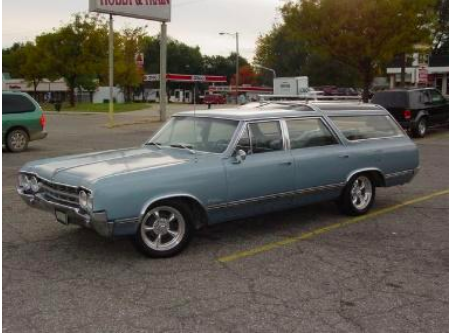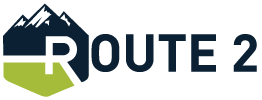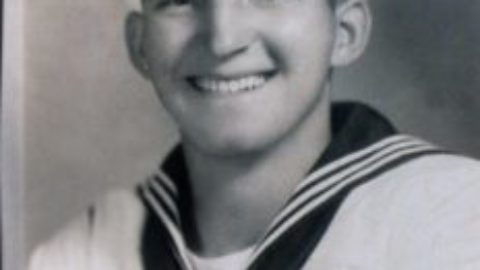Bob was a family friend when I was a kid. He was an ambitious, high energy guy who worked two jobs. Six days a week he was the service manager at an auto repair shop. He worked nights at one of my dad’s businesses. Bob was always talking about healthy grains, something every teenager wants to incessantly hear about. He was integrity, honesty, work ethic, ambition, and energy all rolled into one. He was also my boss when as a late teenager I worked at the auto shop. He gave me an early lesson in accountability that has lasted a lifetime.
I was passionate about cars and motorcycles and enjoyed working on them. Preferably fast ones, yet mostly family ones and pick-up trucks. One of my tasks on a Friday afternoon was to put new brakes on a family’s Oldsmobile Vista Cruiser. The family picked the car up Friday evening.

Mid-morning Saturday the Vista Cruiser returned on the hook of a tow truck. The left front wheel had come off as the family was backing out of their driveway. No one had been hurt and there was very little damage to the car. It was my fault. and clearly my responsibility. I had done poor-quality work on a task that I had done many times before.
While I deserved public shaming in front of all of my co-workers and customers, that didn’t happen and was not necessary as my shame was already complete and all-encompassing. Bob, my boss, had words for me. He never swore even when warranted as in this situation. He said something like, “You’ve known how do brakes since your dad taught you at twelve-years-old. You’re a smart kid but you’re careless. It is good that you like to work on cars but that’s not why our customers trust us to work on their cars.”
He continued, “When you work on someone’s car you are taking responsibility for that family’s safety and the safety of everyone else on the road. No one was hurt this time due to your carelessness. You go home now. Think about why your work here is important. Come back Monday after school. Beginning Monday and forever, when you start to work on a car you will tell yourself that you will pay attention to details because people can die if you don’t.”
Bob was on vacation the following week, traveling the country, searching for vintage grinding wheels, and pursuing his passion.
From HBR to McKinsey, Inc. to BCG, the topic of employee engagement and the lack there of is hot and frequent. The productivity bonus from companies that have it is persistently cited as double-digit. While employee engagement is an essential element of organizational health it doesn’t happen without consistent focused effort.
The ability to build more leaders by coaching team members top floor to shop floor in ways that change perspectives is an essential skill of high-performance leaders who are committed to better organizational health. Simon Sinek’s iconic video has been viewed well over ten million times. The message is that people don’t buy what you do they buy why you do it.
What have you done today to create more leaders?
Bob and his wife Charlee founded Bob’s Red Mill in 1978. The company became a well respected international brand and on his 81st birthday, Bob and Charlee created an ESOP giving company ownership to employees.
“The first whole grain loaf of bread that came out of my wife Charlee’s oven on our five-acre farm back in the 60s was the most delicious loaf of bread I can ever remember smelling and eating.”
— Bob


